Child Rights Connect today addressed the Human Rights Council’s Social Forum, calling for action to provide children with the means and the confidence to claim their, and others, rights, including through child participation in schools and in broader contexts.
The Social Forum of the Human Rights Council, held in Geneva on 1-2 October 2019, focussed this year on the promotion and protection of the rights of children and youth through education. In a panel discussion on education as empowerment for children and youth, Child Rights Connect was asked to share the views of children on education as a pillar for empowering them and promoting their human rights.
Today’s intervention by Alex Conte, Executive Director of Child Rights Connect, follows:
Madam Ambassador, children and youth present here and throughout the world, distinguished delegates, ladies and gentlemen,
I welcome the opportunity to share children’s views on this question. But I speak as an adult. And if I am to speak about our experiences in empowering children, I should therefore begin by reflecting an important point from an empowered child. At a celebration of 30 years of the UN Convention on the Rights of Child, Serena, a child advocate, said this to the Committee on the Rights of the Child: “Don’t give a voice to the voiceless; just pass the mic”. We should remember and act on this.
We should also recall two key points about the nature and aims of education in the context of empowering children.
First, as stated in a 2015 report of the Office of the High Commissioner for Human Rights, “education should be intended as a lifelong and participatory process developing knowledge, skills and attitudes which prompt behaviour to defend and promote human rights”.
Second, in its very first General Comment, from 2001, the Committee on the Rights of the Child considered the aims of education. It recalled that Article 29 of the Convention speaks of education as a means of preparing the child for responsible life in a free society. Importantly, it acknowledged the role of children as promoters and defenders of children’s rights.
Building on this recognition of children as human rights defenders, I want to reflect on two of the key messages from children in the consultations ahead of last year’s Day of General Discussion of the Committee (on children as human rights defenders). In collaboration with Queen’s University Belfast, Child Rights Connect coordinated national and regional consultations through in-person activities and an online survey. The methodology for this consultation was developed with the assistance of a Child Advisory Team composed of 21 child advisors from 19 countries covering all regions of the world. Aged 5 to 18 years, 2,700 children from 53 countries participated in the consultation.
First, they told us that knowledge of human rights through access to information, education and training is critical to their empowerment.
- Adults should do more to support them to know about their rights and to understand that children’s rights are not just ethical values but are legal rights that are codified in the UN Convention.
- To allow for this, we must do more to ensure that children are able to go to school and that schools provide a safe space.
- We must act in response to the harsh reality that 32 million primary-school aged girls worldwide do not attend school.
- We must respond to the needs for education to reach specific groups of children (such as those in detention, indigenous children and children with disabilities) and to reach children in vulnerable contexts (such as situations of conflict, forced migration or extreme poverty).
- This is logical. But it is a first step only.
As important, the second overall message from children was that if empowerment is to be real, we need to recall what empowerment is about. Empowerment is the process of becoming stronger and more confident, especially in controlling one’s life and claiming one’s rights. Children have been clear about what this means:
- Don’t just educate us about our rights;
- Don’t treat us as passive recipients of information, but involve us and prepare us;
- Educate us about how to exercise our rights, both in school and in society;
- Talk to us in a language that we can understand;
- Talk to us about human rights in the context of our lived experiences;
- Teach us how to claim our rights;
- Teach us how to identify and address breaches of human rights;
- Teach us how to resolve conflict and bullying by means other than punishment and discipline;
- Teach us about decision-making and politics;
- Teach us about the societal norms that create barriers to the full enjoyment of human rights;
- Teach us about our opportunities as human rights defenders;
- Allow us to empower other children;
- Allow us to express ourselves and develop our opinions;
- Provide us – at school, at home and in the community – with a platform to be heard;
- Recognize us as the present and the future.
So, if education is to empower children and promote their human rights, we must do more than inform. We must provide children with the means and the confidence to claim theirs, and others, rights, including through child participation in schools and in broader contexts, including at the UN. We must recognize them as human rights defenders capable of effecting positive change for a more prosperous and sustainable global society.
Returning to the quote from Serena, and the full understanding of empowerment, let us remember to pass the mic to children and to transform children’s views and recommendations into action.
I thank you.




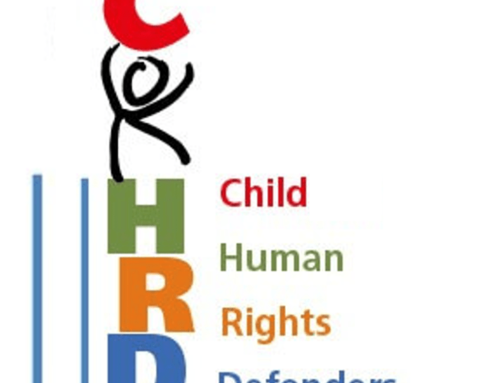
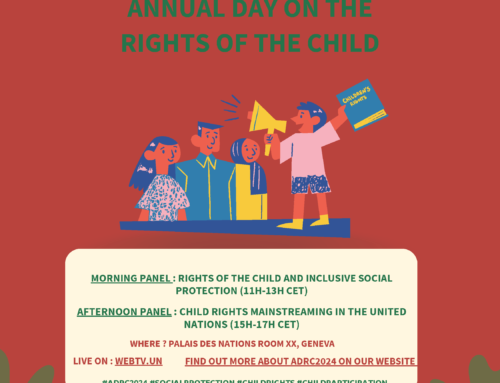
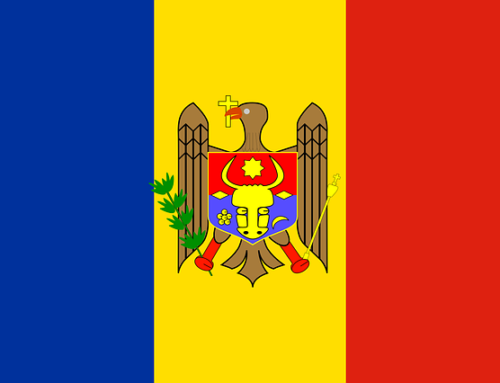
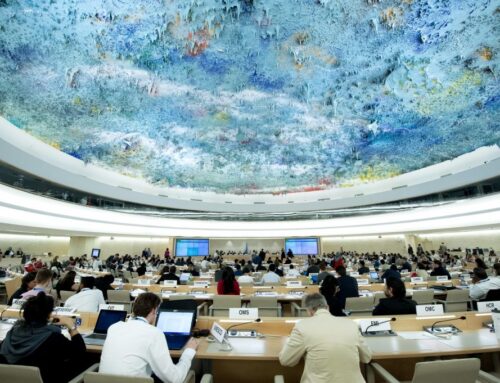
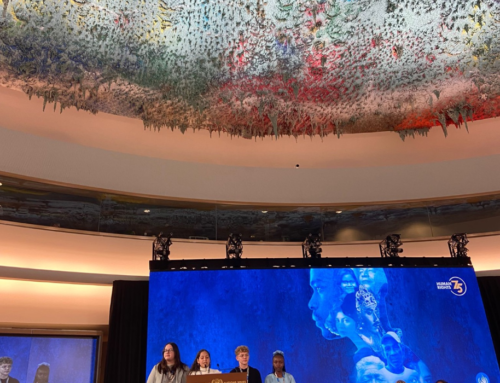

Leave A Comment